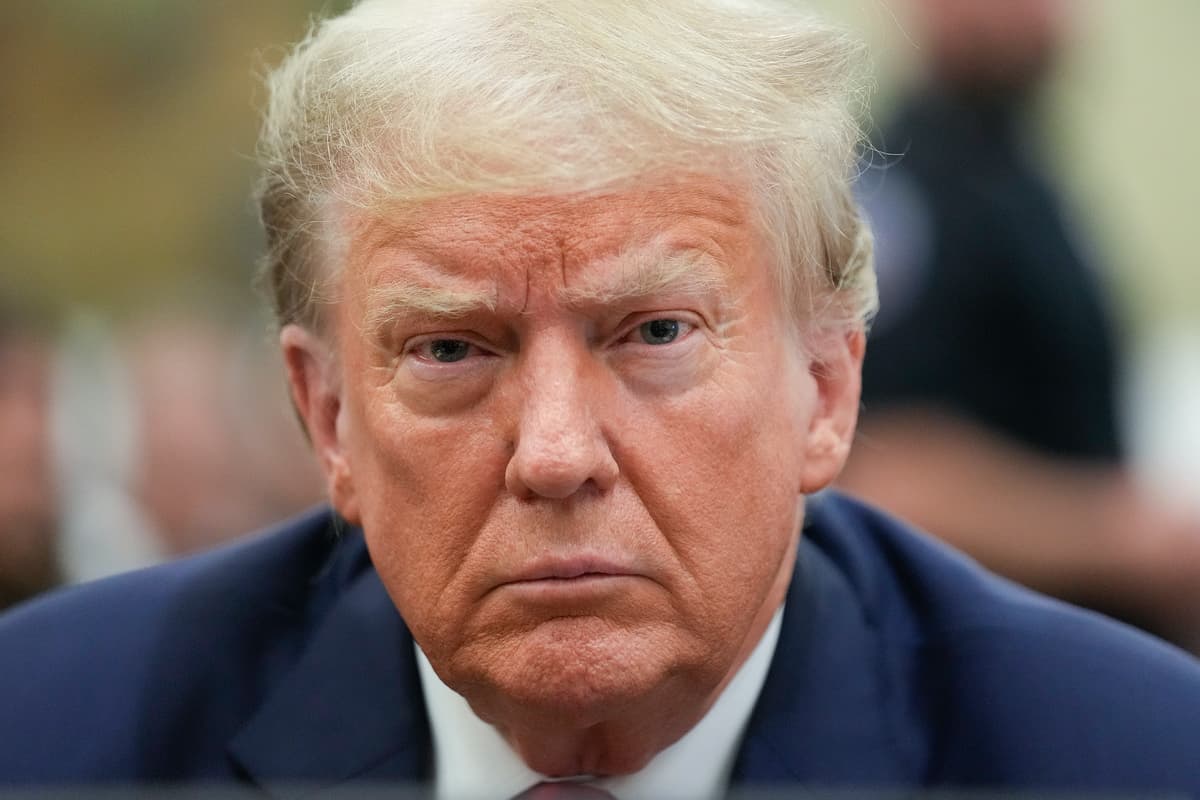Judge Cannon Keeps Her Cards Close, and Trump and Jack Smith Guessing
The former president fails — at least for now — to win the delay he desires.

Judge Aileen Cannon threw a curveball, and now it is President Trump who is behind in the count in his effort to have his Mar-a-Lago trial pushed past the 2024 election.
Her order was something of a split one. Some pre-trial deadlines have been pushed back, but the May 20 trial date is still on the books, painting the picture of a jurist treading carefully when it comes to the question of when Mr. Trump will stand trial.
The judge’s rebuff of Mr. Trump’s request for a delay — it is a temporary one, as the former president will have an opportunity to revisit the question — means that the classified documents trial will begin on May 20, as previously ordered. It comes as somewhat of a surprise, as Judge Cannon has indicated a predilection to move slowly.
Her ruling comes after Mr. Trump requested that the trial begin sometime after “mid-November 2024,” an indefinite date that was opposed by Special Counsel Jack Smith. Last week she disclosed that she was “having a hard time seeing how realistically this work can be accomplished in this compressed period of time, given the realities that we’re facing.”
Judge Cannon appears to be aiming for a compromise position between the hard-charging prosecutor and the defendant determined to delay. She finds that the “quantity of discovery in this case remains exceedingly voluminous, even more so than initially thought,” and comprises “an unusually high volume of unclassified and classified discovery.” All of that marshals for postponement.
The evidence against Mr. Trump includes “1.3 million pages of unclassified discovery, approximately 60 terabytes of closed circuit television footage spanning at least nine months, and 5,500 pages of classified discovery.” She adds that the “volume and timing of these materials has outpaced initial estimates,” due in part to “inadvertent omissions in the Special Counsel’s productions.”
While it does not appear as if Judge Cannon found that those omissions amounted to a constitutional violation, these glitches in the litigation machinery have caused the judge to look on Mr. Smith’s assertion that “nothing material has changed since the Court set the trial date” with something like gimlet eyes.
That skepticism, though, was not enough to hand Mr. Trump an outright victory in the form of a delayed trial. Instead, Judge Cannon deemed “it most prudent, given the evolving complexities in this matter,” to punt on the question for now. By dismissing the former president’s request “without prejudice,” she is allowing him to refile it at a later date.
Judge Cannon also acknowledged that her trial is but one of four that Mr. Trump faces. She is particularly attuned to Mr. Smith’s January 6 trial, which is slated to begin on March 4, and District Attorney Alvin Bragg’s hush money case, which is scheduled for March 25. While she allows that the “trajectory of these matters potentially remains in flux,” their substantial overlap could affect Mr. Trump’s ability to mount a defense.
The schedule Judge Cannon attached to her order allows for a sustained back and forth between Messrs. Trump and Smith on the question of whether the government can provide the former president with summaries of classified materials, rather than the materials themselves. At the District of Columbia, Judge Tanya Chutkan ruled that summaries could suffice.
That question is presented in higher relief in this case, which turns entirely on the retention of classified information. While judges have great discretion when it comes to scheduling, any legal decisions Judge Cannon makes when it comes to how sensitive documents are entered into evidence will be ripe for appeal.

